

2018-07-23 07:41:00 Mon ET
technology antitrust competition bilateral trade free trade fair trade trade agreement trade surplus trade deficit multilateralism neoliberalism world trade organization regulation public utility current account compliance
President Trump now agrees to cease fire in the trade conflict with the European Union. Both sides can work together towards *zero tariffs, zero non-tariff barriers, and zero subsidies on non-automobile industrial goods*. Trade barriers in services, chemical products, and pharmaceutical medications are on the chopping block too. Pundits point out that President Trump secures direct trade talks with the European Union to negotiate a similar deal to the prior Transatlantic Trade and Investment Partnership (TTIP).
Trump agrees to hold off further tariffs, halts punitive measures and sanctions on European cars, and thus avoids escalation into a tit-for-tat trade dispute. However, many international trade experts remain skeptical of Trump's mercurial personality and his pet peeve over America's trade deficits with the European partners. The current trade truce may or may not be permanent during the Trump administration.
In addition to China and Canada, the European Union causes large bilateral trade deficits with America. U.S. farm producers of soy, corn, wheat, cotton, dairy, and pork can receive $12 billion temporary subsidies in light of Trump tariffs, quotas, and even embargoes on Europe. Whether this trade protectionism proves to be effective remains an open debate. The law of inadvertent consequences counsels caution.
If any of our AYA Analytica financial health memos (FHM), blog posts, ebooks, newsletters, and notifications etc, or any other form of online content curation, involves potential copyright concerns, please feel free to contact us at service@ayafintech.network so that we can remove relevant content in response to any such request within a reasonable time frame.
2018-08-21 11:40:00 Tuesday ET
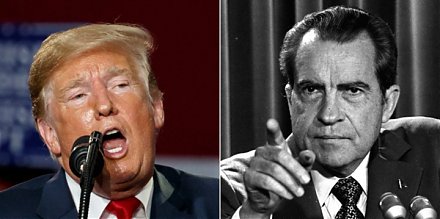
President Trump criticizes his new Fed Chair Jerome Powell for accelerating the current interest rate hike with greenback strength. This criticism overshado
2019-03-09 12:43:00 Saturday ET

Pinterest files a $12 billion IPO due in mid-2019. This tech unicorn allows users to pin-and-browse images through its social media app and website. Pintere
2019-01-27 12:39:00 Sunday ET
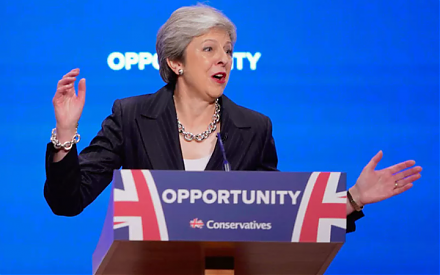
British Prime Minister Theresa May faces her landslide defeat in the parliamentary vote 432-to-202 against her Brexit deal. British Parliament rejects the M
2025-07-05 11:23:00 Saturday ET
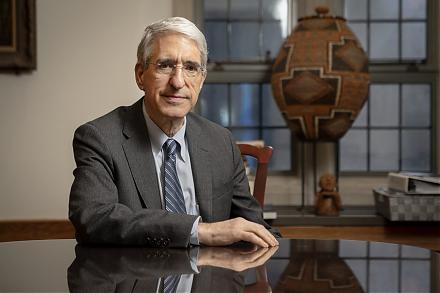
Former New York Times science author and Harvard psychologist Daniel Goleman explains why working with emotional intelligence helps hone our social skills f
2017-10-27 06:35:00 Friday ET
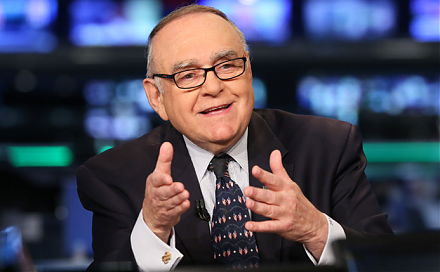
Leon Cooperman, Chairman and CEO of Omega Advisors, points out that the current Trump stock market rally now approaches normalization. The U.S. stock market
2019-08-04 08:26:00 Sunday ET
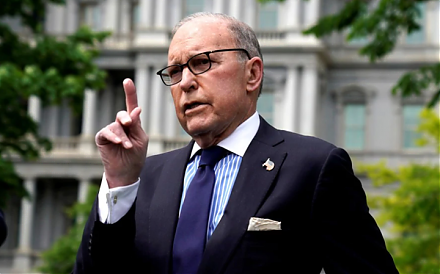
U.S. and Chinese trade negotiators hold constructive phone talks after Presidents Trump and Xi exchange reconciliatory gestures at the G20 summit in Japan.